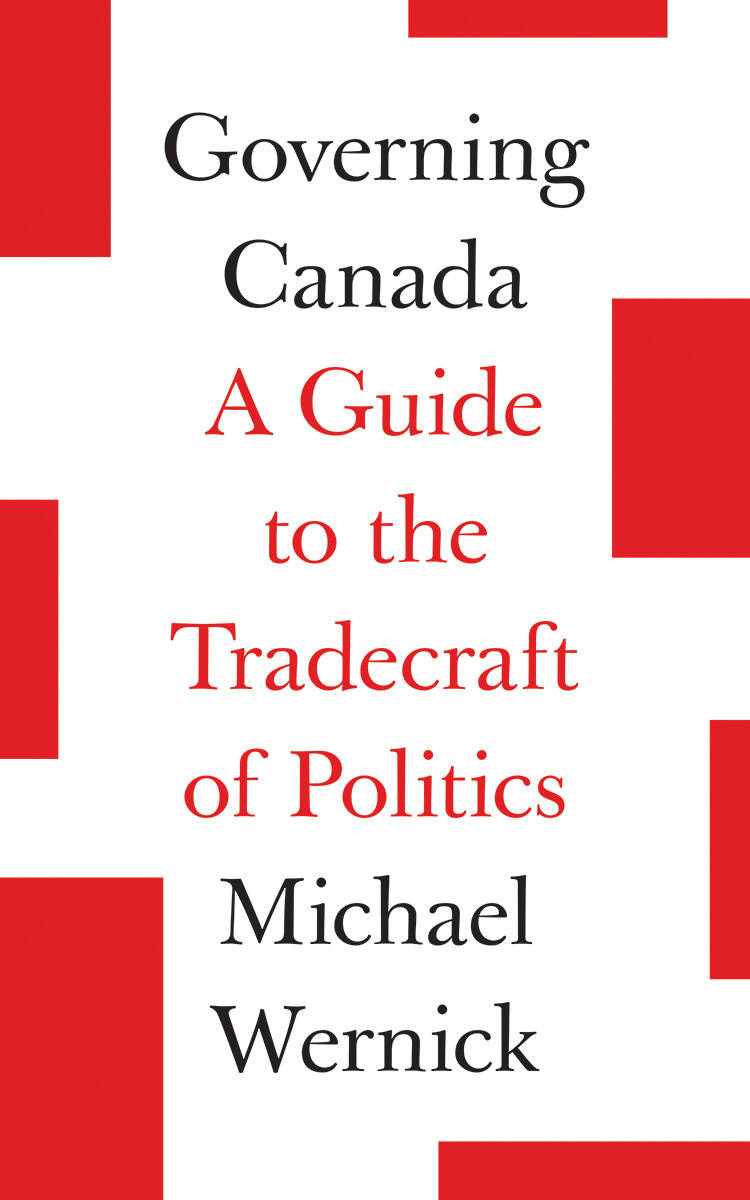Former civil servant offers tips for success
Advertisement
Read this article for free:
or
Already have an account? Log in here »
To continue reading, please subscribe:
Monthly Digital Subscription
$1 per week for 24 weeks*
- Enjoy unlimited reading on winnipegfreepress.com
- Read the E-Edition, our digital replica newspaper
- Access News Break, our award-winning app
- Play interactive puzzles
*Billed as $4.00 plus GST every four weeks. After 24 weeks, price increases to the regular rate of $19.00 plus GST every four weeks. Offer available to new and qualified returning subscribers only. Cancel any time.
Monthly Digital Subscription
$4.75/week*
- Enjoy unlimited reading on winnipegfreepress.com
- Read the E-Edition, our digital replica newspaper
- Access News Break, our award-winning app
- Play interactive puzzles
*Billed as $19 plus GST every four weeks. Cancel any time.
To continue reading, please subscribe:
Add Free Press access to your Brandon Sun subscription for only an additional
$1 for the first 4 weeks*
*Your next subscription payment will increase by $1.00 and you will be charged $16.99 plus GST for four weeks. After four weeks, your payment will increase to $23.99 plus GST every four weeks.
Read unlimited articles for free today:
or
Already have an account? Log in here »
Hey there, time traveller!
This article was published 27/11/2021 (1422 days ago), so information in it may no longer be current.
Civil servants seem to get noticed only when things go badly, such as during a crisis, a scandal or when the machinery of government breaks down. In 2019, Canadians learned that Prime Minister Justin Trudeau and those in his office pressed Attorney General and Justice Minister Jody Wilson-Raybould to intervene in a criminal case involving the Quebec construction firm SNC-Lavalin. What followed was the resignation of Gerald Butts, the PM’s principal secretary, and the early retirement of Michael Wernick, the country’s top civil servant.
For Wernick it was a poor ending to an otherwise stellar career spanning three decades. This included serving as the deputy secretary to the cabinets of four governments, each led by prime ministers Jean Chrétien, Paul Martin, Stephen Harper and Trudeau, followed by his appointment in 2016 to become Clerk of the Privy Council, Ottawa’s highest administrative post.
Wernick brings his vast experience and backroom knowledge to what is a wise and insightful handbook titled Governing Canada: A Guide to the Tradecraft of Politics. Yet those seeking an inside view on specific events and personalities will be disappointed. Nothing is said about the political crises or events he witnessed firsthand. Instead, Wernick has written an insightful handbook to guide those newly elected to government or appointed to government positions. He writes: “I set out to capture the direct advice that I would give a new prime minister, a new minister, and a new deputy minister who will be asked to support a minister.”

The first main chapter in Governing Canada is a primer on the federal government’s structure and operations. The next three chapters are the key parts, with the following titles: Advice to a Prime Minister, Advice to a Minister and Advice to a Deputy Minister. These cover a wide range of topics, including balancing work with family, relying on staff and advisors, avoiding corruption and scandals, dealing with the media and knowing when to retire or resign.
Of value is how he discusses the concept of political capital — that is, knowing how to build it up and when to spend it. It is wasted by reckless behaviours, such as making poor lifestyle choices or disregarding public opinion. A pertinent example would be Justin Trudeau’s folly in taking a vacation in Tofino, B.C. on the National Day of Truth and Reconciliation. Another would be Bill Morneau’s decision, when he was minister of finance, to accept an expenses-paid trip from the WE Charity. With his political capital spent, Morneau’s political career was cut short.
Deputy ministers must also avoid such mistakes as building poor relations with other civil servants, mismanaging staffand embarrassing the ministers they serve. Unless a deputy minister can work professionally with the minister, the deputy minister needs to change departments or professions.
While Governing Canada is geared to those in high places within the federal government, much of it applies to those in provincial government as well. This is demonstrated when Werner writes: “Once a significant number of people are musing about a life without you as prime minister, your own power will start to ebb.” One can’t help thinking about Brian Pallister and how things quickly unfolded after he announced he would not lead his party into the next election. A similar situation is developing for Alberta Premier Jason Kenney, who is precariously holding onto power.
For those entering politics or the civil service, Wernick has produced a well-written and valuable handbook. It is invaluable for anyone studying public administration or seeking to move up the ranks of government.
Christopher Adams is a political studies adjunct professor at the University of Manitoba and rector of St. Paul’s College.

